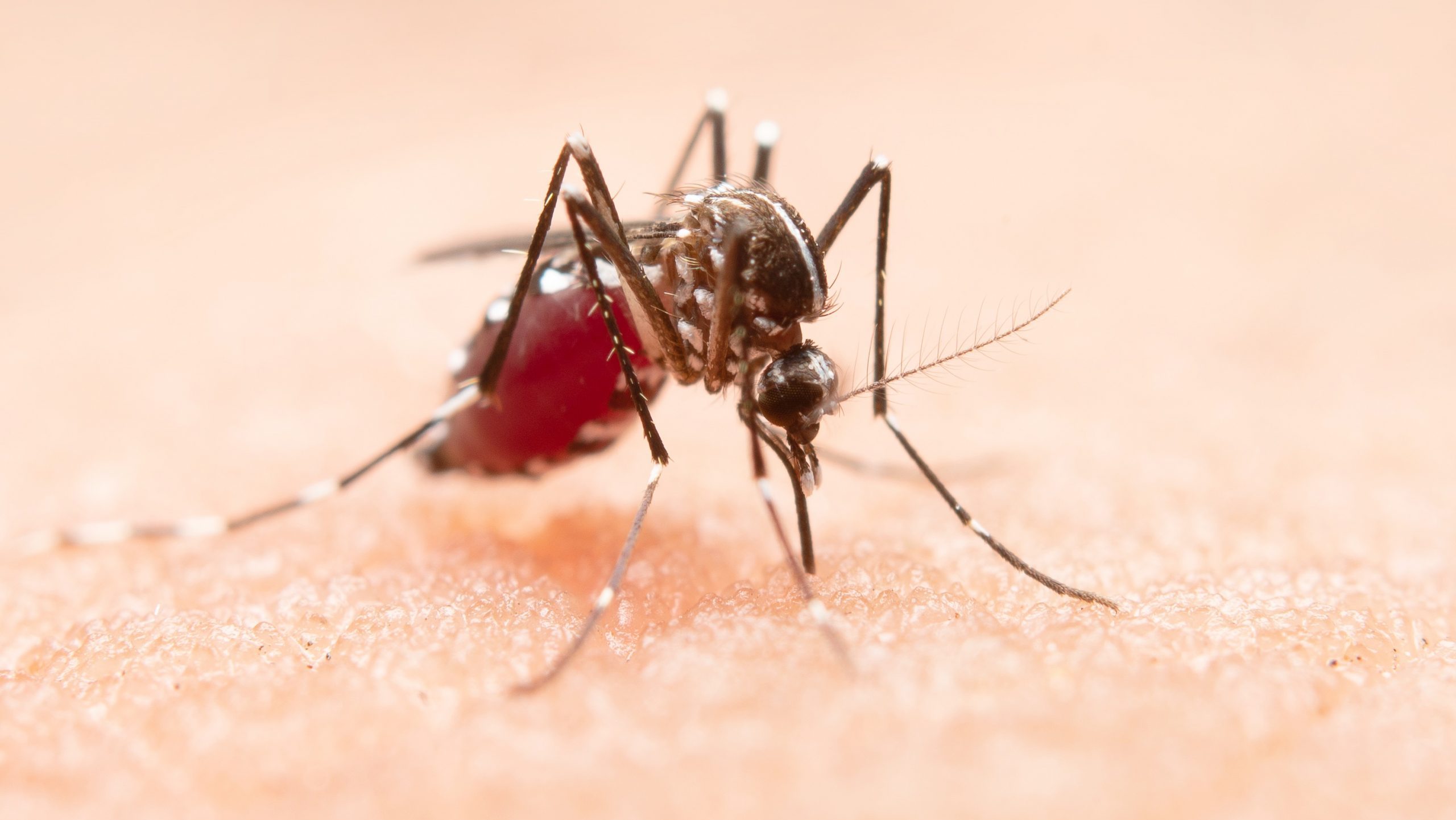SINGAPORE: A nationwide study led by NTU Singapore has revealed that individuals who recovered from dengue are significantly more likely to experience long-term health complications than those who recovered from COVID-19.
The findings, published in the Journal of Travel Medicine in July 2024, have significant implications for public health planning, especially in dengue-endemic regions.
According to the study, individuals who had recovered from dengue faced a 55% higher risk of developing heart-related issues, such as irregular heartbeats, heart disease, and blood clots, than those who had contracted COVID-19.
The research focused on long-term health problems related to the heart, neurological, and immune systems that surfaced 31 to 300 days after infection.
The study analyzed the medical records and health tests of 11,707 residents in Singapore who contracted dengue between July 2021 and October 2022.
This was compared to 1,248,326 residents infected with COVID-19 during the same period, primarily with the Delta and Omicron variants.
The researchers capitalized on the co-circulation of both viruses during this time to conduct the first study of its kind, examining long-term complications following dengue and comparing the outcomes to those of COVID-19 patients.
This extensive research was a collaboration between NTU’s Lee Kong Chian School of Medicine (LKCMedicine), the Ministry of Health, Singapore General Hospital, the National Centre for Infectious Diseases, and the National Environment Agency.
Lead author of the study, Assistant Professor Lim Jue Tao from LKCMedicine, emphasized the importance of this research, particularly as dengue cases continue to rise globally due to climate change.
He said, “Dengue is one of the most common vector-borne diseases worldwide. The long-term health complications associated with it not only increase the burden on the individual but also on the healthcare system as a whole.
We decided to compare the data against COVID-19 patients because our previous work indicated similar long-term risks. This study highlights the urgent need for enhanced preventive measures against dengue.”
The findings suggest that while dengue and COVID-19 pose long-term health risks, dengue survivors may face a more significant burden, especially concerning heart health. /TISG

